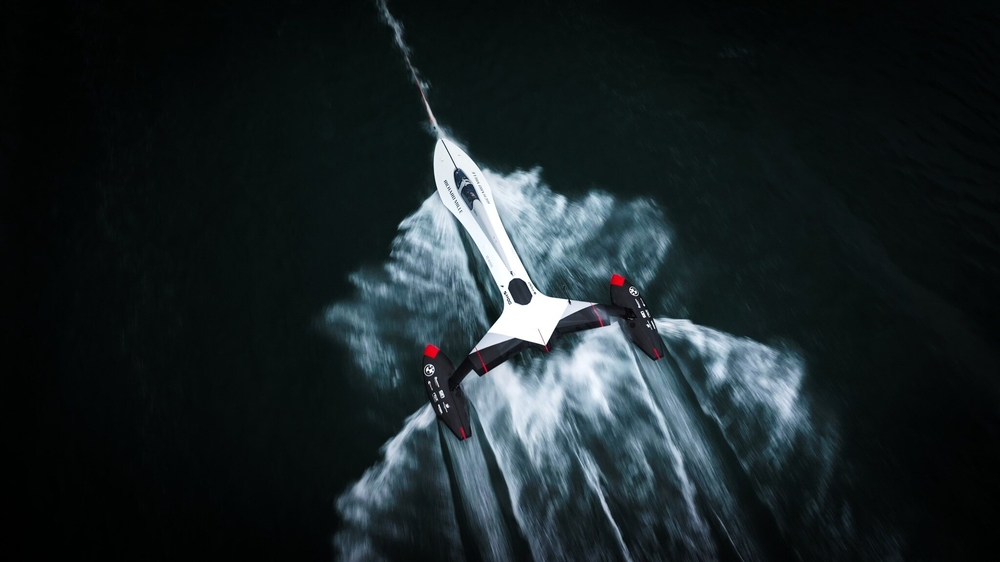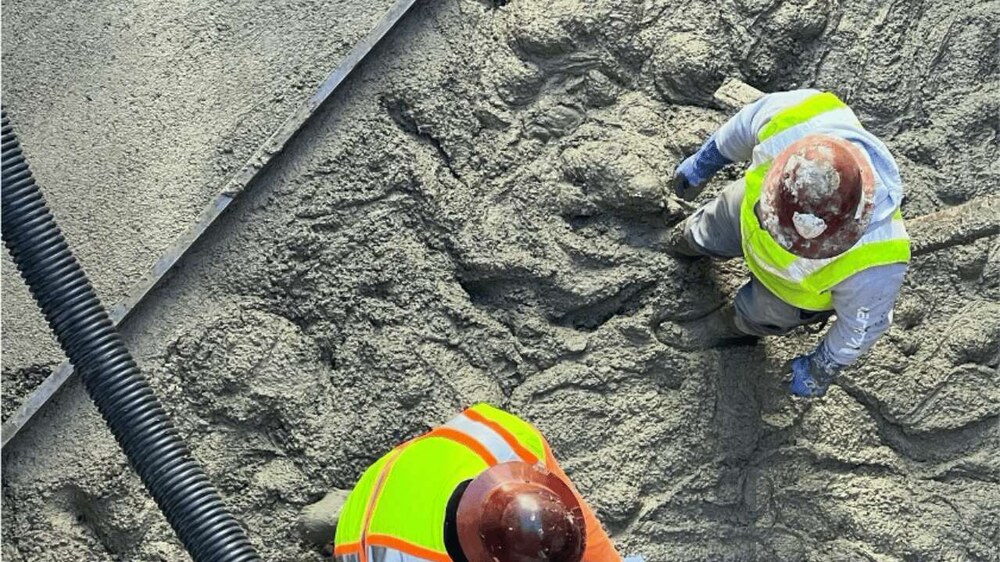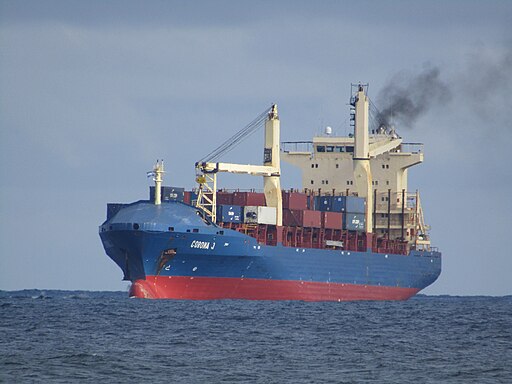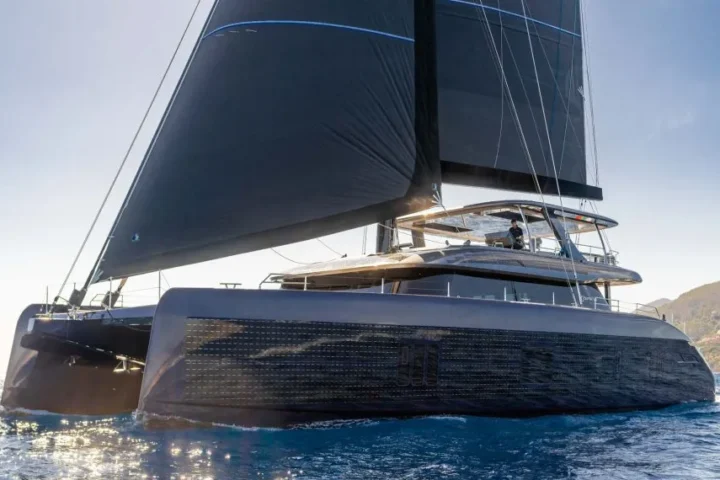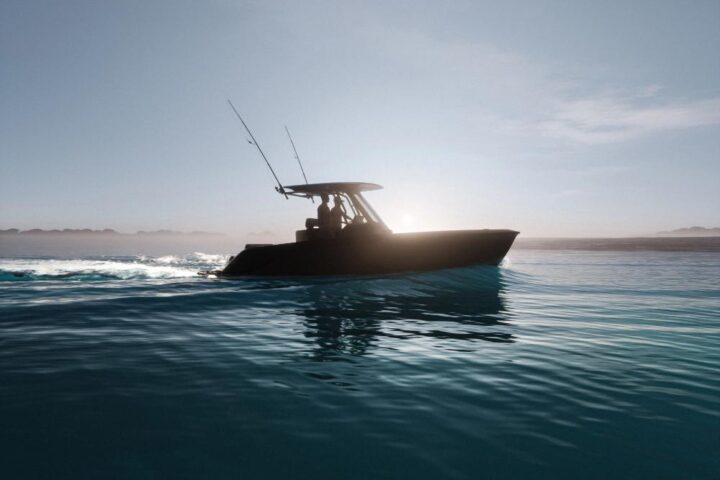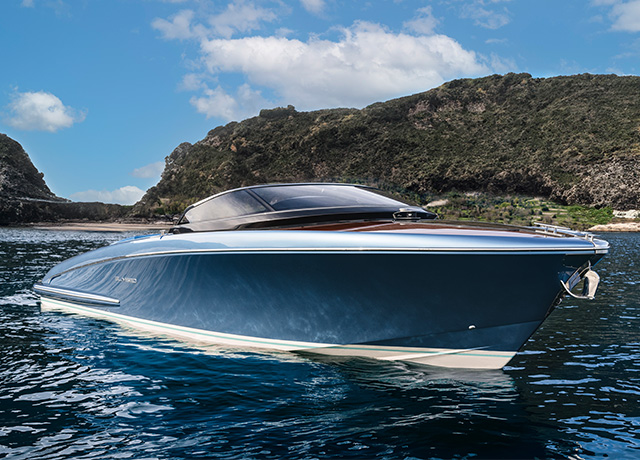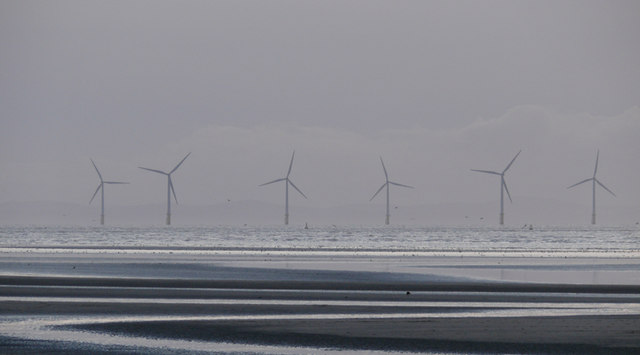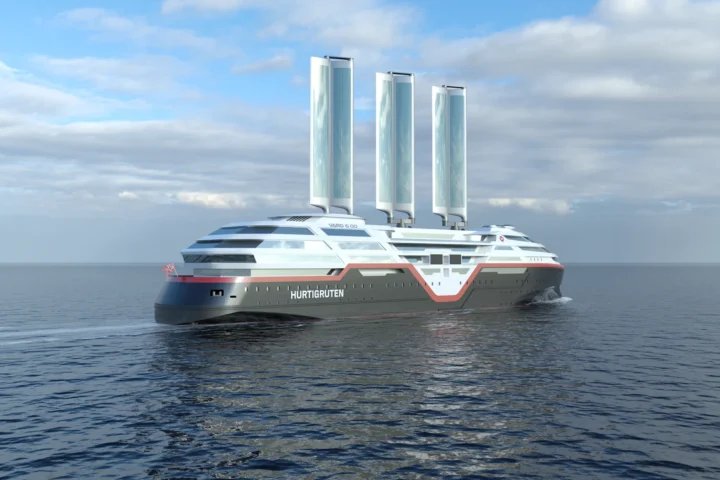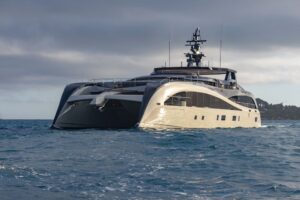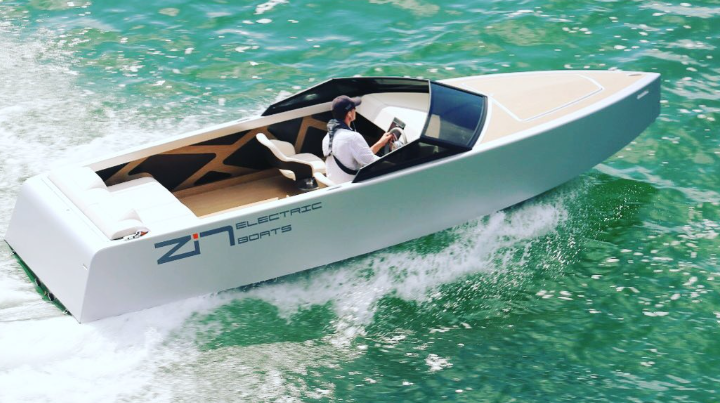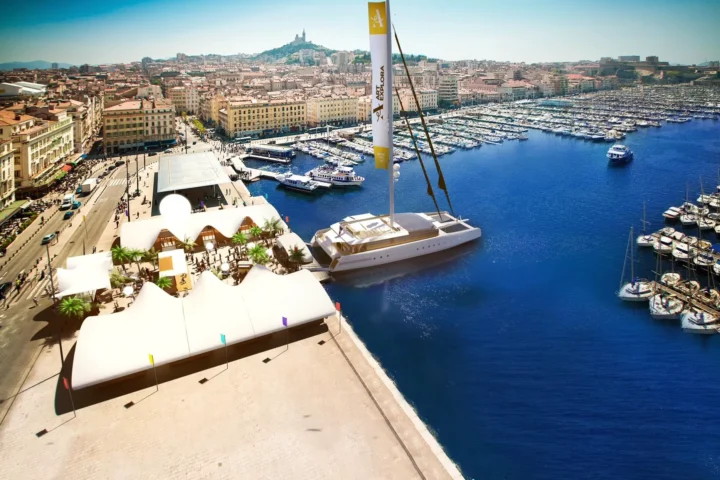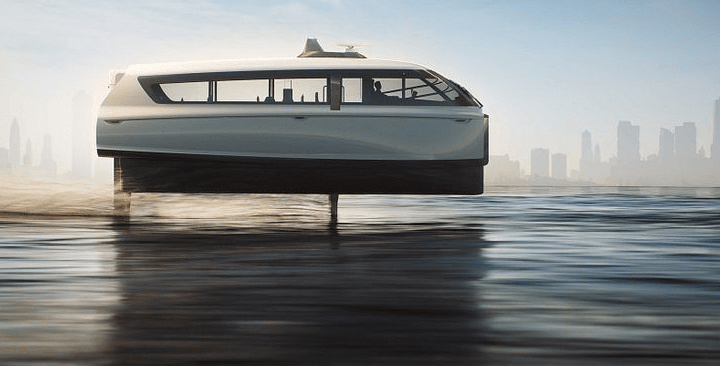The SP80 project, a brainchild of EPFL students and alumni, is a thrilling journey in the sailing tech world, aiming to break the world sailing speed record. Their goal is audacious: to reach 80 knots (about 150 km/h), significantly surpassing the current record of 65.45 knots set by Paul Larsen’s Vestas Sailrocket 2 in 2012.
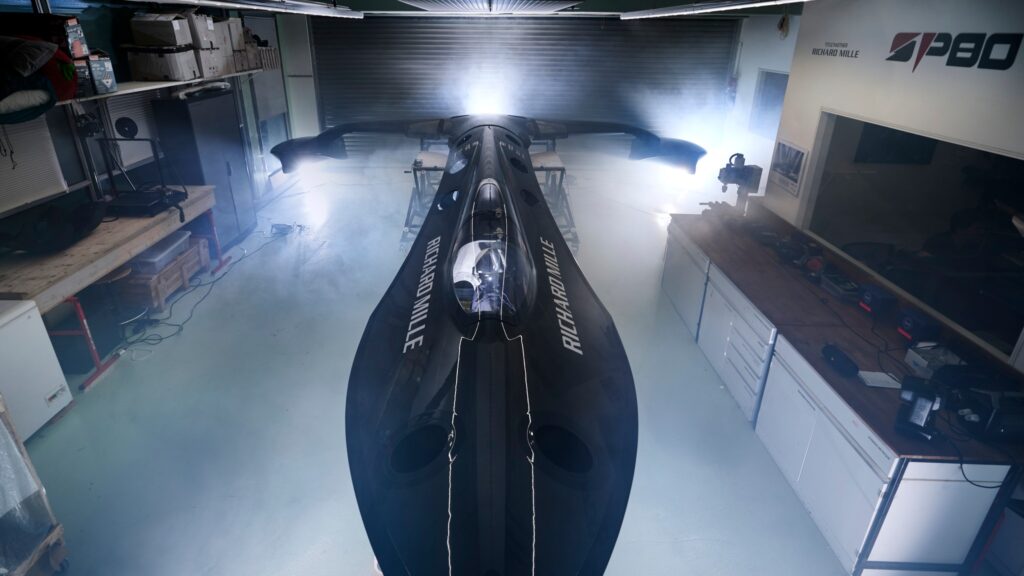
Co-founders Mayeul van den Broek, Benoît Gaudiot, and Xavier Lepercq, united by their passion for sailing, kitesurfing, and speed, initiated this project at EPFL. They’ve built a team of around 50, including 23 EPFL students, under the SP80 student association. This cross-disciplinary group, coached by materials engineer Robin Amacher and guided by Prof. Véronique Michaud, is deeply engaged in the hands-on learning process. Tanguy Desjardin, the association’s president, emphasizes the educational value of this hands-on experience.
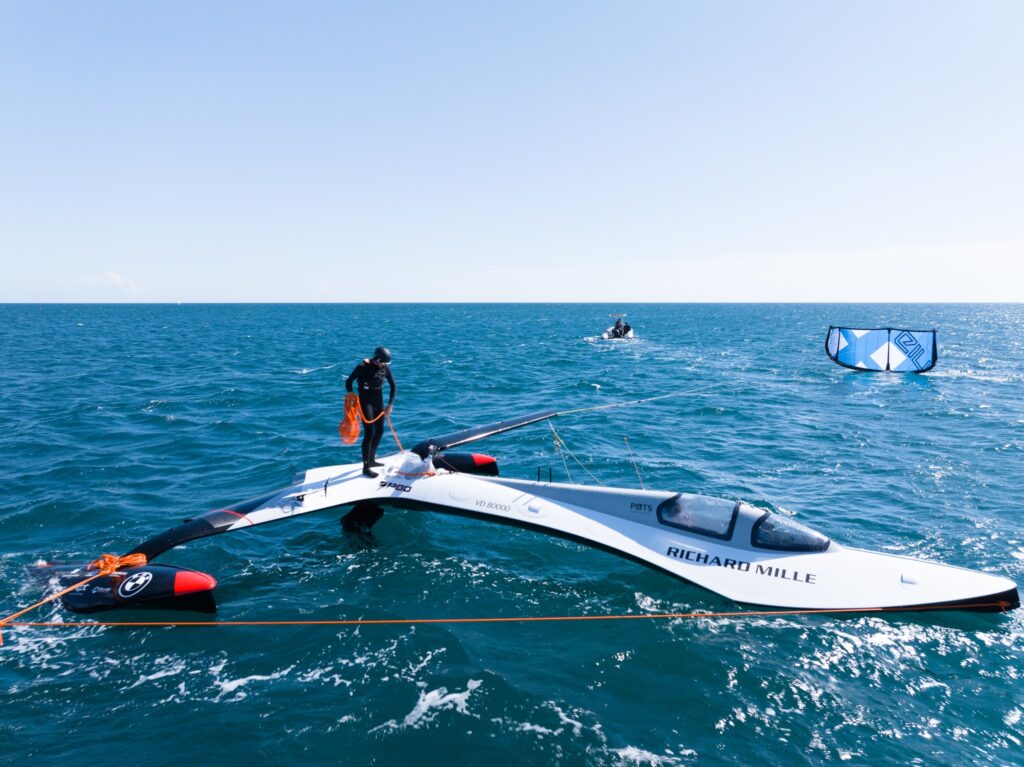
The boat, measuring 10 meters in length and 7.5 meters in width, features innovative superventilating hydrofoils. It was constructed by Persico Marine, an Italian yacht-building company, using high-end techniques like TPT Carbon and automated tape lay-down machines for precise fabrication. The project also embraces a sustainable vision, aiming to leverage learnings for the broader maritime industry.
Similar Posts
One of the project’s key innovations is its kite system, engineered to span 20 to 50 square meters, a necessary adaptation to withstand extreme speeds. Thomas Velin, an EPFL student, has been instrumental in developing simulation software for various kite shapes, pushing the boundaries of traditional R&D.
To optimize performance, the team employs various kites for different conditions, connected to the boat with small-diameter, low-stretch Dyneema lines. They’ve also installed sensors and electronic modules throughout the boat to monitor loads and performance, even considering biometric data collection from pilots.
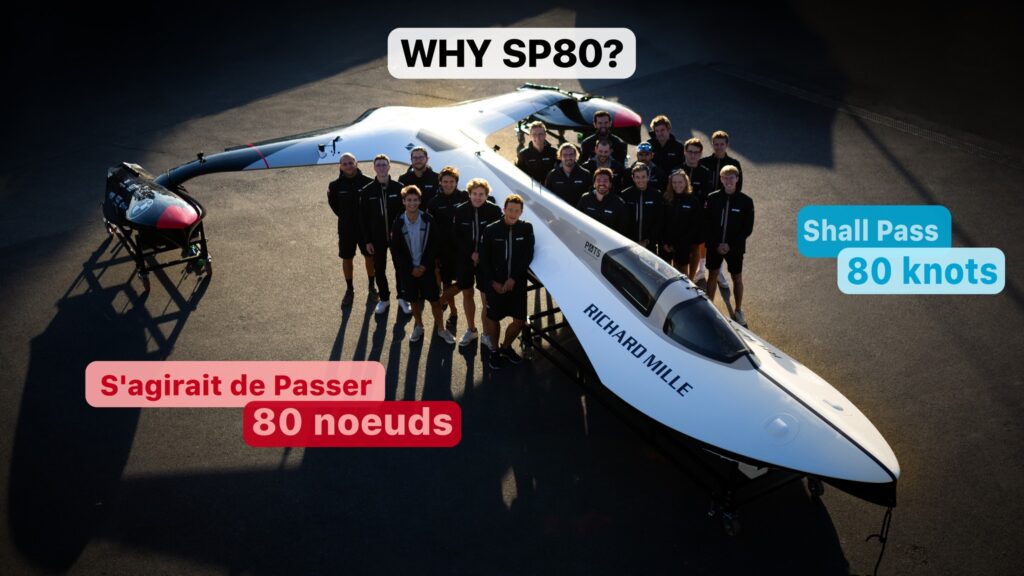
Given the extreme speeds, safety is paramount. The pilots, including van den Broek and Gaudiot, must wear helmets and oxygen masks. They have undergone specialized safety training, comparable to that for helicopter pilots, to prepare for any emergencies.
The journey to this point has been filled with challenges, including testing prototypes and refining the kite-based system. The team’s commitment and innovative spirit, as van den Broek states, are key to moving forward despite these challenges.
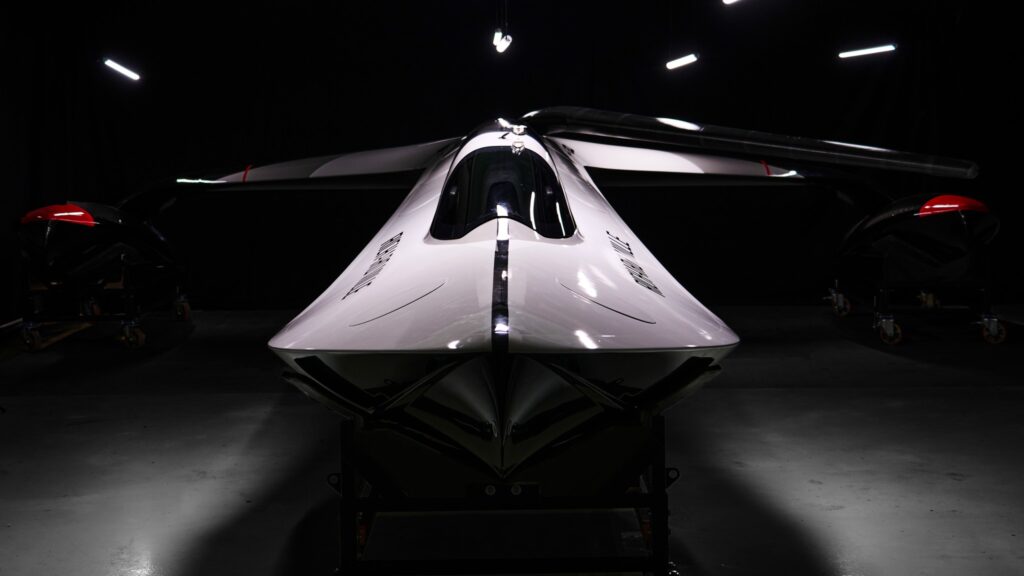
The SP80 team plans to test its boat on Lake Geneva, with an eye on the first record attempt in the summer of 2023, possibly at Walvis Bay in Namibia or another suitable location.
In summary, the SP80 project is not just a quest for a record; it’s a blend of engineering excellence, sustainable vision, and educational innovation, driven by a team passionate about sailing and the science behind it.
